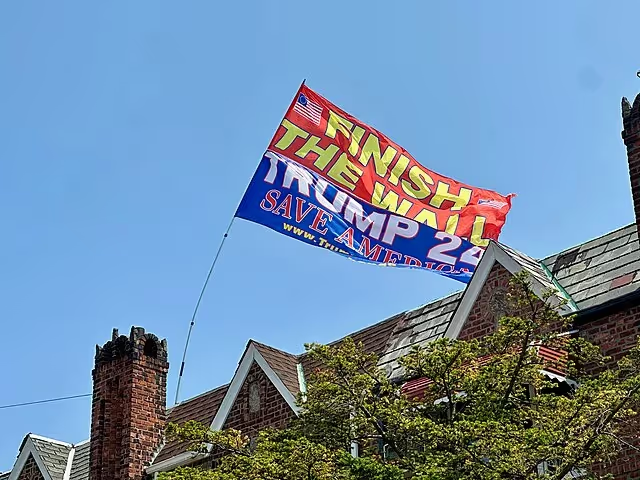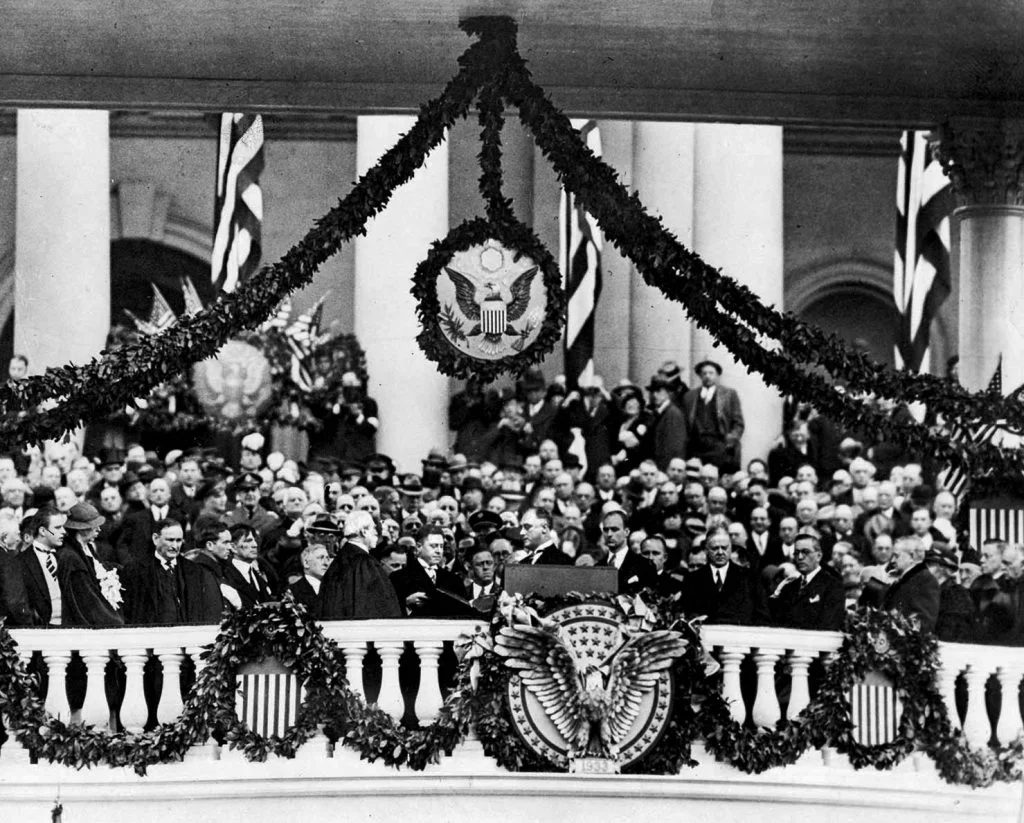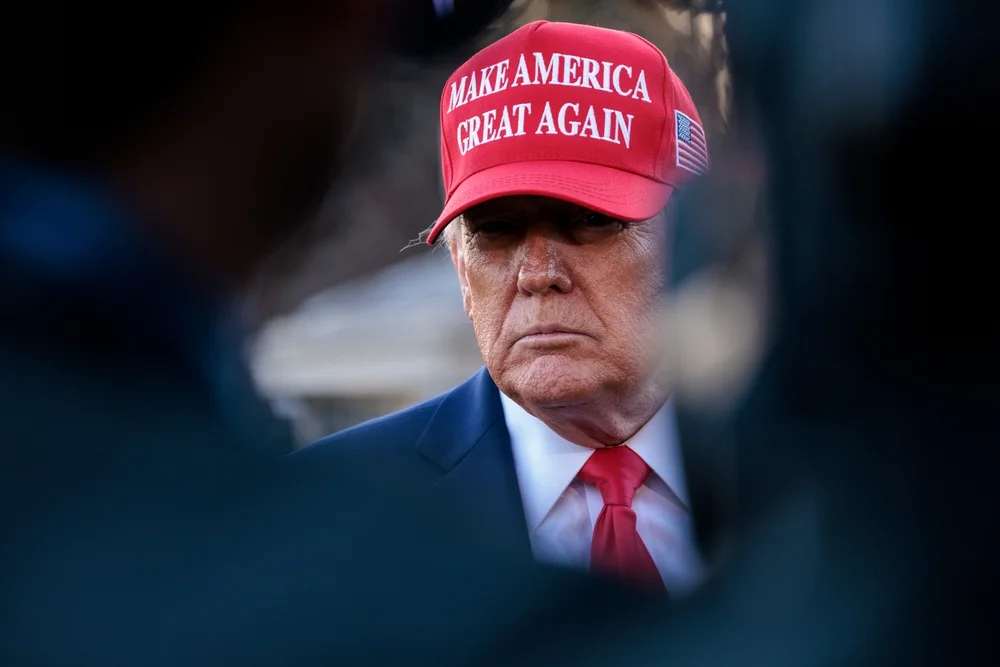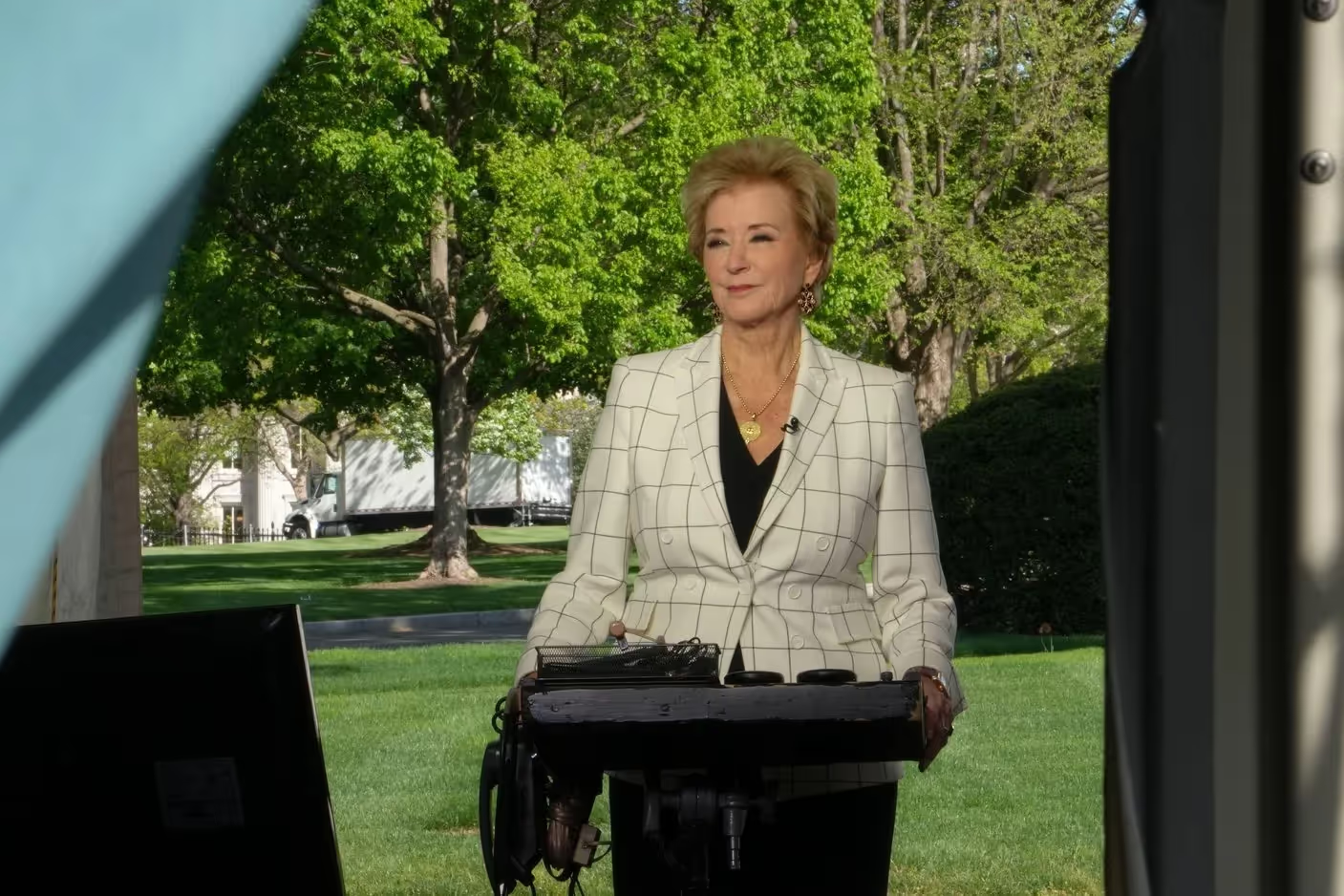
Backfire: Trump’s Overbroad Sanctions Against Harvard and Columbia
The collateral consequences will ripple through American Higher Education.
One group intractably opposed to a two-state solution to the ongoing Israeli/Arab conflict is Hamas—itself an Arabic acronym for Islamic Resistance Movement. It stoutly insists, whatever its short-term tactical concessions, that the entire nation of Israel is an intrusion on a geographical area that should be under exclusive Arab control, without even a Jewish minority population within its midst. Hamas, therefore, harshly condemns the United States for its historic support of Israel—support which necessarily postpones the time when Hamas and its allies can achieve their ultimate objective. Thus, the cease-fire in effect on October 6, 2023, was an expedient that Hamas could breach with impunity because it thought that its invasion the next day would precipitate a larger conflict in which Israel would be either wounded or destroyed by a constellation of powerful Arab forces. That plan did not pan out, and it looks as though the Israeli gains in Gaza, Lebanon, Syria, and Iran will become long-term fixtures no matter who, in the end, takes control of Gaza under whatever conditions.
At this point, Hamas would like to take lesser actions to disrupt American and Israeli relations going forward. Direct violence in the United States, especially on and near universities, remains one attractive option, which is now stalled. In its place are the recent killings of Yaron Lischinsky and Sarah Milgrim, who were gunned down in Washington, D.C., on May 21, 2025, by a 31-year-old Hamas supporter, Elias Rodriguez, and the attempted killings in Boulder, Colorado, by Mohamed Sabry Soliman, age 45. These wanton efforts will not bring the nation to its knees. They may continue, but they will ultimately prove counterproductive. What Hamas now needs is a set of policies that will do damage to both the United States and Israel, but where the finger cannot be pointed at either Hamas or any other Palestinian or Arab organizations.
The various acts of violence and intimidation at Harvard and Columbia perpetrated by various Arab groups over the last two years in support of Hamas have brought forward strong condemnation by responsible parties inside both institutions. Yet from my point of view, their collective failure started with Harvard’s tepid response to the broadside posted in the name of 33 Harvard student organizations. This broadside announced that they “hold the Israeli regime entirely responsible for all unfolding violence in the October 7, 2023, invasion and massacre of Israelis. For sheer gall, it could not be matched. The term “Israeli regime” was meant to deny that Israel was a legitimate nation entitled to the right of self-defense, whose sole failing was a delayed response to outside terror. Yet Harvard responded tepidly to the attack and its defense by issuing a blanket condemnation that carried no tangible sanctions against the malefactors. After that, the campus descended into turmoil under the stunningly inept leadership of then-President Claudine Gay.
If the federal government had stayed on the sidelines, Harvard would have continued to reel in large part due to its own weaknesses, which led to the resignation of Ms. Gay in January 2024, followed by the assumption of the presidency by Alan Garber. None of these responses could shake Harvard to its core, because it could still control its destiny. But the same cannot be said of the federal government’s massive and simultaneous frontal attacks on both Harvard and Columbia. The proper federal response in both cases would have been to do what Harvard had failed to do—isolate the wrongdoers and punish them severely for their sins. There was no need to impose any sanctions on persons who carried signs condemning Harvard's support of Israeli apartheid, even if the supposed parallel to South Africa was an ugly form of group defamation. But in these cases, it is always best to start with the low-hanging fruit. That means focusing on the students and groups that engaged in personal harassment, intimidation, or the disruption of normal activities by blocking access to campus spaces or creating a din outside that made normal academic, business, or social activities difficult or impossible to conduct.
Instead, the government’s response did not attempt to distinguish good from evil, but hit the violent protesters and their targets with equal force. Nor did the government seek to follow the established procedures that, by design, offer extensive procedural protections against targeted government action, such as research, for its failure to meet the terms of the grant. Instead, Trump and his legions pulled out the heavy artillery. Thus, a letter from Education Secretary Linda McMahon stated that Columbia “in violation of federal antidiscrimination laws… acted with deliberate indifference towards the harassment of Jewish students” as per Trump’s April 23, 2025, Executive Order on the topic. Charges of deliberate indifference imply that the University stood by idly while these events unfolded. Yet the Secretary’s letter follows with a non-sequitur that finds deliberate indifference because “Columbia failed to meaningfully protect Jewish students against severe and pervasive harassment on Columbia’s campus and consequently denied these students’ equal access to educational opportunities to which they are entitled under the law.”
Hers is a deeply flawed case. These charges are so vague that they could be repurposed with virtually no work to apply to every other university that has faced protests from Hamas and its sympathizers. Yet, for a case with such high stakes, the documentation is not collected or presented in a detailed supporting memo. Yet in ordinary civil litigation, the basic rules of Federal Civil Procedure state:
Rule (a)(b) Fraud or Mistake; Conditions of Mind. In alleging fraud or mistake, a party must state with particularity the circumstances constituting fraud or mistake
The purpose of this requirement is to provide notice to the opposing party of the allegations it must address. Yet here nothing of the sort is attempted. Worse still, McMahon’s last charge is at most one of negligence, which was just alleged and not proved. Yet her charge of deliberate indifference is flatly contradicted by the complex skein of events of April 29, 2024, which included Columbia’s decision to call the New York City Police to remove the pro-Palestinian protestors who willfully and forcibly broke into Hamilton Hall on campus, only for Manhattan District Attorney Alvin Bragg to drop the charges against virtually all of them.
Any public official in McMahon’s position should think long and hard before imposing a death sentence on Universities that could do, even with the best intentions, far more harm than Hamas’s vile demonstrations and threats. Such a proper study would focus not just on the worst past events at Harvard and Columbia, but on the responses of the current administrations going forward. Any alleged deliberate past indifference is a weak prediction of future behavior. Of course, anyone can take issue with portions of the extensive reports at both Columbia (2024) and Harvard (2025), but those objections, however principled, cannot support the charge of deliberate indifference. Thus, Trumpian aggression makes all universities fight a two-front war, as its relentless hostile responses will block any sensible reforms. The indirect damage to the victims of Hamas’s aggression will be too great.
What happens in one area of contestation is true in all others. Thus, the Trump administration has decided to drastically cut science grants to ongoing and future programs at both universities and other American institutions, without even the pretense of going through the applicable statutory procedures. Again, the most obvious objection here is that the dismantling of these programs has little effect on Palestinian researchers but a massive impact on the many programs that are staffed by the innocent victims of discrimination, many of whom are Jewish. It also assumes that the projects undertaken are of no particular scientific value, so that they can be scrubbed without a second thought. It is all too easy to destroy research teams, but very hard to recruit and retain them. When government sanctions make it impossible for universities to retain their best and brightest members in the United States, those individuals will either leave or never come. Other nations can credibly offer a safer and more secure environment for these programs and would be glad to welcome them. As a result, this shortfall will persist for generations as worldwide talent shifts elsewhere, including to places like China, whose students are also in the crosshairs. Again, our sanctions backfire.
The final part of this three-pronged offense is Trump’s recent Executive Order that singles out Harvard for special scrutiny concerning foreign visas based on flimsy charges that it “has a demonstrated history concerning foreign times and radicalism,” which could be said of many other institutions as well. He says, “We have people who want to go to Harvard and other schools, they can’t get in because we have foreign students there. But I want to make sure that the foreign students are people that can love our country.” These vapid generalizations necessarily have an in terrorem effect not just on Harvard but any other university that might be singled out for such treatment, which means every great research university. We can confidently predict that even if Trump is blocked this time by judicial order, it will not stop the wrecking ball that Trump applies to American education. Our enemies, near and far, could not be more delighted.
Richard A. Epstein is a senior research fellow at the Civitas Institute. He is also the inaugural Laurence A. Tisch Professor of Law at NYU School of Law, where he serves as a Director of the Classical Liberal Institute, which he helped found in 2013. Epstein is also the James Parker Hall Distinguished Service Professor of Law Emeritus and a senior lecturer at the University of Chicago.
Politics
.webp)
Liberal Democracy Reexamined: Leo Strauss on Alexis de Tocqueville
This article explores Leo Strauss’s thoughts on Alexis de Tocqueville in his 1954 “Natural Right” course transcript.
%20(1).avif)
Long Distance Migration as a Two-Step Sorting Process: The Resettlement of Californians in Texas
Here we press the question of whether the well-documented stream of migrants relocating from California to Texas has been sufficient to alter the political complexion of the destination state.
%20(3).avif)
Who's That Knocking? A Study of the Strategic Choices Facing Large-Scale Grassroots Canvassing Efforts
Although there is a consensus that personalized forms of campaign outreach are more likely to be effective at either mobilizing or even persuading voters, there remains uncertainty about how campaigns should implement get-out-the-vote (GOTV) programs, especially at a truly expansive scale.

There's a Perception Gap With the U.S. Economy
As we approach another election cycle, it’s worth asking: what’s real, what’s political theater, and what does it all mean if Democrats regain control of the House?

International Law Is Holding Democracies Back
The United States should use this moment to argue for a different approach to the rules of war.
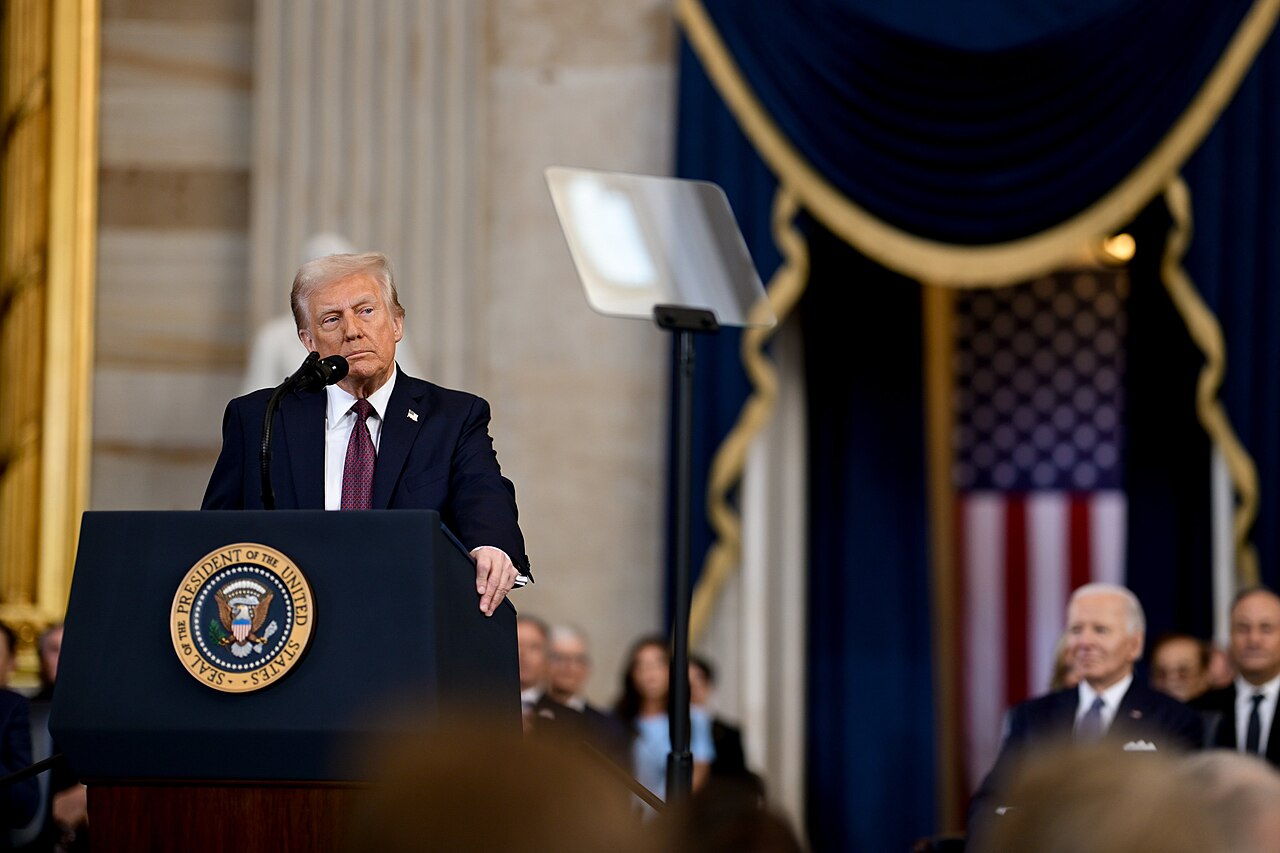
Trump purged America’s Leftist toxins. Now hubris will be his downfall
From ending DEI madness and net zero to securing the border, he’ll leave the US stronger. But his excesses are inciting a Left-wing backlash

California’s wealth tax tests the limits of progressive politics
Until the country finds a way to convince the average American that extreme wealth does not come at their expense, both the oligarchs and the heavily Democratic professional classes risk experiencing serious tax raids unseen for decades.
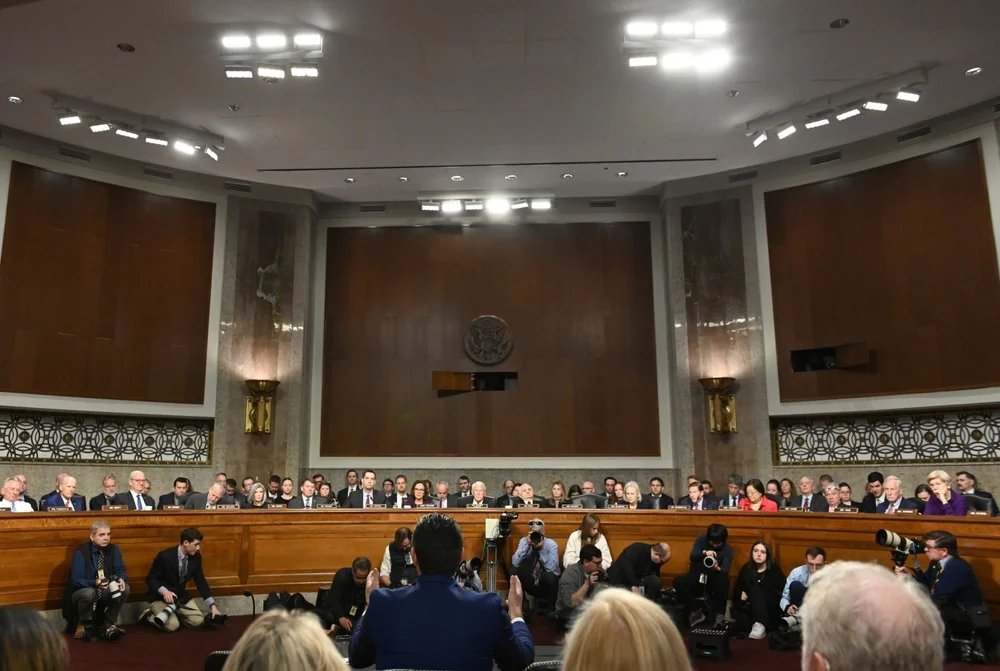
Storm Over the Appointment Process
This is not your grandfather’s appointment process; in fact, it’s not even your older brother’s.

The Clash of Civilizations at 30
Three decades on, Huntington did not foresee the extent to which the West would erode, but he did perceive the warning signs.
.avif)

